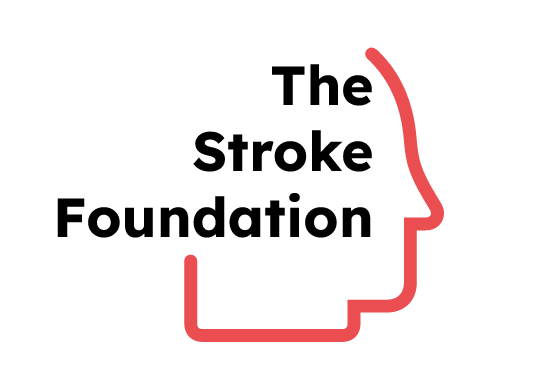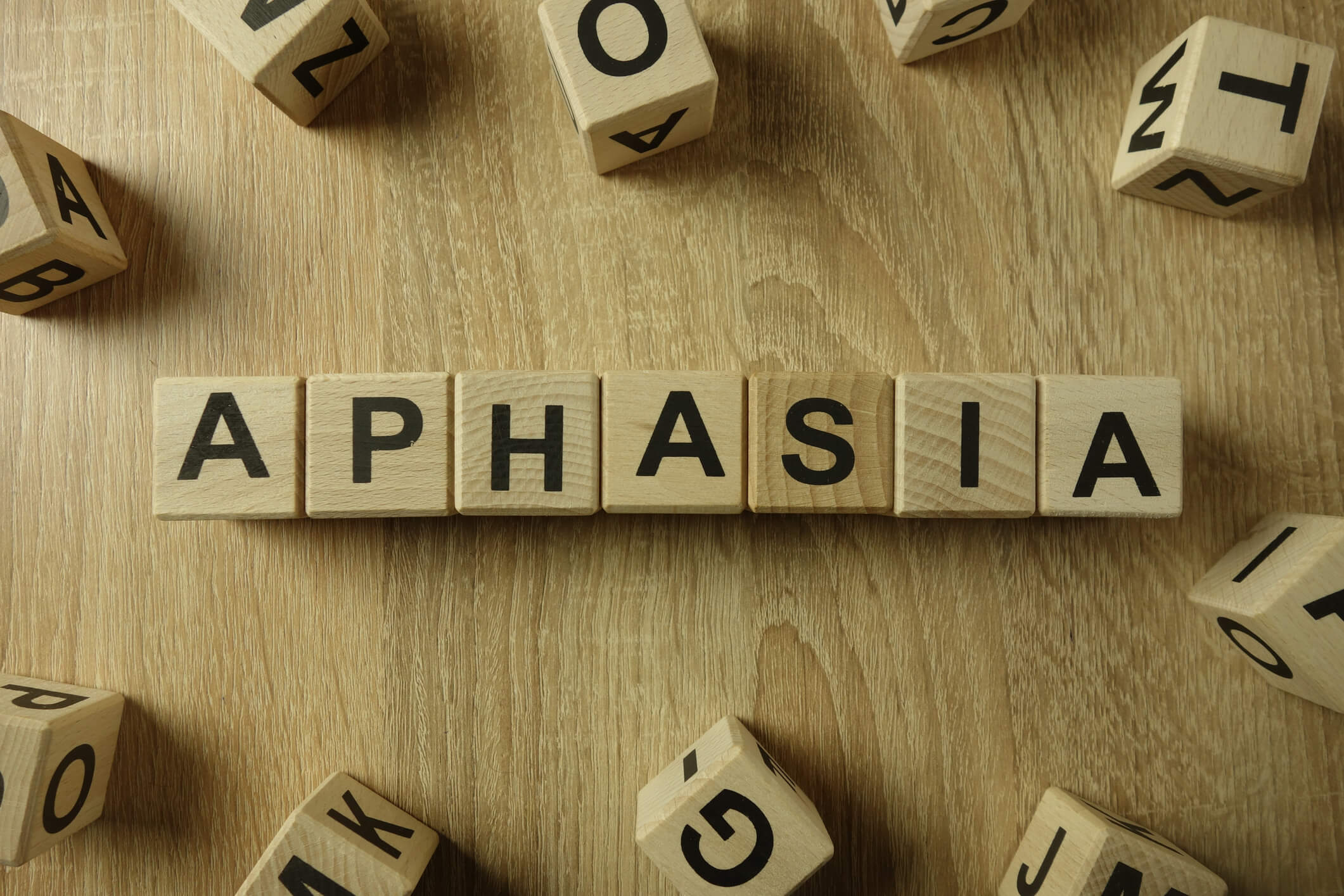Global Aphasia
This is the most severe form of aphasia.
A person with global aphasia has significant difficulty speaking, understanding speech, reading, and writing. It typically occurs after a large stroke that impacts the left side of the brain (especially if not treated quickly).
Although communication may seem nearly impossible at first, improvements are possible—especially with early, consistent speech and language therapy.
Expressive Aphasia (Broca’s Aphasia / Non-Fluent Aphasia)
People with expressive aphasia know what they want to say—they just can’t find the words or form the sentences.
This can result in:
- Halting or effortful speech
- Trouble with writing
- Short or incomplete phrases
It’s called "non-fluent" because speech often requires significant effort. Despite the frustration it can cause, many people with expressive aphasia retain strong comprehension skills and can benefit greatly from targeted therapy and communication tools.
Receptive Aphasia (Wernicke’s Aphasia / Fluent Aphasia)
Receptive aphasia makes it difficult to understand what others are saying, even though the ability to speak remains intact.
People with this form may:
- Speak in long sentences that don’t make sense
- Use incorrect or made-up words
- Be unaware that their speech is unclear
Receptive aphasia affects comprehension, which can be especially disorienting and isolating. It’s sometimes called "fluent aphasia" because speech remains fluid, even if meaning is lost.
Anomic Aphasia
This is one of the milder forms of aphasia.
People with anomic aphasia struggle to find the right words, especially names and nouns. Sentences may come out full of pauses, substitutions (“thing,” “stuff”), or vague descriptions.
Although comprehension and grammar are usually intact, the word-finding difficulty can be frustrating for both the speaker and listener. With time, practice, and support, many people improve significantly.
Aphasia Is Treatable—And Recovery Is Possible
Aphasia may not be permanent. Depending on the severity and type, speech and language therapy can help survivors regain communication skills over time.
Recovery can include:
- One-on-one therapy sessions
- At-home exercises
- Communication apps and devices
- Support groups for people with aphasia
If you're a caregiver supporting someone with aphasia, remember:
- Be patient and don’t rush conversations
- Use visuals, gestures, or writing as alternative tools
- Celebrate progress—big or small


%20(2)%20(1).png)
.png)


